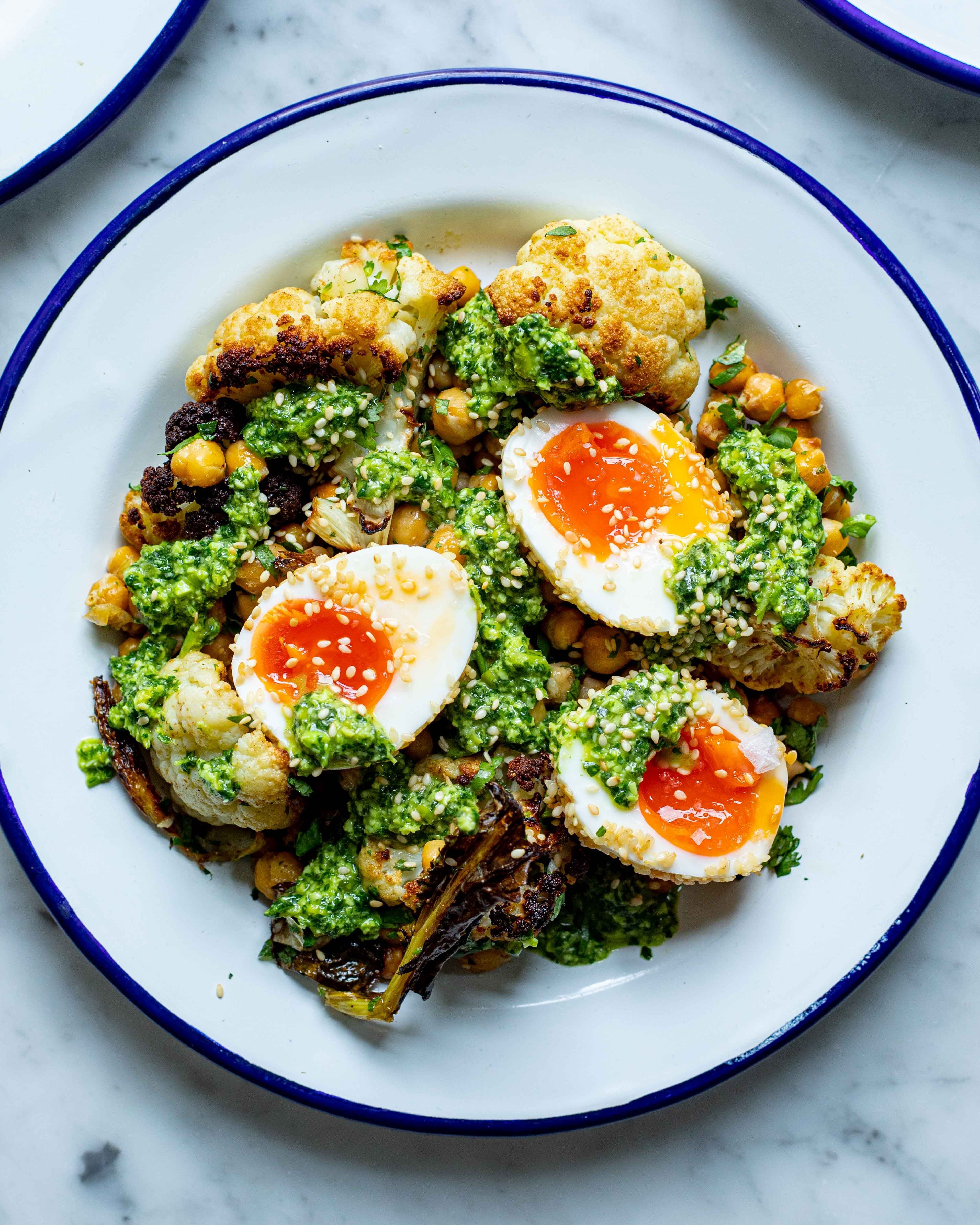When it comes to achieving the perfect boiled egg, timing is everything. Whether you prefer a velvety soft-boiled egg with a runny yolk or a firmly set hard-boiled number that's great in sandwiches or lunchboxes, understanding how long to boil an egg is the key to getting the result you want. In this guide, we'll delve into the nuances of boiling eggs to perfection, exploring the ideal timings for both soft and hard-boiled results. The aim is that by the end of reading this feature on how long to boil an egg, you'll have an exact understanding of just how long you need to be submerging your eggs for. If you want to know how to poach an egg, you're in the wrong place.
How Long To Boil An Egg
The Perfect Boil: Unveiling the Art of Boiling Eggs
How Long to Boil an Egg?
The fundamental question on every aspiring home cook's mind: how long does it take to boil an egg? The answer depends on your desired consistency. Some people are a little funny about runny yolks while others get queasy feeling about chalky, rubbery yolks.
How Long to Soft Boil an Egg:
For those who appreciate the luxurious, molten goodness of a soft-boiled egg, the magic number is typically around 4-6 minutes. Begin timing once your water reaches a gentle boil. This short duration ensures that the egg white will be properly set while the yolk remains delightfully runny, creating a perfect dipping companion for toast soldiers or a delightful addition to salads. Making sure that white is set is essential – no one is a fan of snotty whites.
How Long to Hard Boil an Egg:
On the flip side, if you're more of a fan of a hard-boiled egg, a slightly lengthier boiling time of 9-12 minutes is your golden ticket. This ensures a fully cooked yolk with a smooth, crumbly texture — ideal for salads, sandwiches, or a quick protein-packed snack. You know those weird little protein pots you can get in a meal deal that come in a plastic container with a little nest of spinach? This is how those eggs are cooked.
Pro Tips for the Perfect Boil:
- Starting Temperature Matters: Make sure to begin with eggs at room temperature to prevent cracking during boiling.
- Gentle Beginnings: Place eggs in a single layer at the bottom of a saucepan before adding water. This minimises the chances of eggs cracking as they heat on up.
- Ice Bath Finale: After boiling, transfer your eggs to an ice bath to halt the cooking process. This helps in achieving that ideal texture inside.
- Experiment with Freshness: Fresh eggs can be a bit trickier to peel. If you're planning to make hard-boiled eggs for easy peeling, consider using slightly older eggs.
For the perfect soft-boiled egg with a creamy yolk, you're looking at a sweet spot of 4-6 minutes. This duration strikes the delicate balance between a set egg white and an aureate runny centre.
Remember, timing is subjective, and you might need to tweak it slightly based on your hob's intensity and the size of the eggs. It's all about finding what suits your taste preferences. And your eggs.
In Conclusion:
Mastering the art of boiling eggs is a worthy pursuit that balances precision with personal taste. Whether you're a fan of the soft, runny centre or the solid, crumbly texture, understanding how long to boil an egg is the key to unlocking your perfect eggs-perience. So, remember some of the timings and tips we've included on how to properly boil an egg the next time you fancy some eggs and soldiers for breakfast. And if you can't remember anything we've said, just have 'em scrambled instead.
